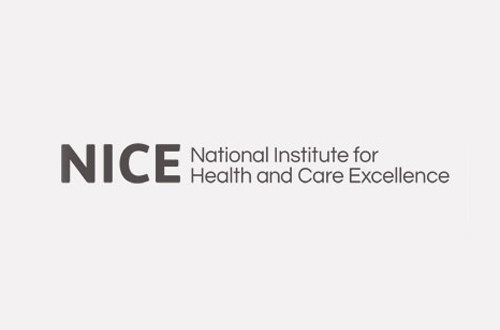
The medicines cost-effectiveness watchdog for England and Wales says it can’t back use of Bristol-Myers Squibb’s checkpoint inhibitor Opdivo for head and neck cancer, despite limited treatment options for patients.
The National Institute for Health and Care Excellence (NICE) said today that clinical data shows Opdivo (nivolumab) provides a significant improvement in overall survival rates as a second-line therapy – after platinum chemotherapy – for squamous cell carcinoma of the head and neck (SCCHN), at least in the short term. However, that benefit came at too high a cost for the NHS.
“The committee heard that treatment options for patients in this area are limited, and it’s important to patients that treatment extends their life and improves the quality of life,” said Prof Carole Longson, director of the Health Technology Evaluation Centre at NICE. However, “the additional costs of nivolumab were considered to be very high in relation to its benefit to be recommended for routine NHS use at present”.
Pharma and NICE must do more
The decision has drawn an immediate response from the Institute for Cancer Research (ICR), and said it was “disappointing and frustrating” that doctors will not be able to offer this “game-changing immunotherapy” to patients, but also criticises the pharma industry for its approach to medicines pricing.
ICR chief executive Prof Paul Workman urged NICE and BMS to “work together to reach an agreement on price so that this decision can be overturned as soon as possible”, noting that the draft decision “is another example, and a particularly stark one, of an innovative cancer therapy not being made available on the NHS because of cost”.
There is a need to recognise that the price of cancer drugs is much too high, particularly the new immunotherapies, and pharma companies should “bring down the cost of drug development through smaller, more targeted trials, and to do much more to pass on the savings to patients”, he said.
Meanwhile NICE – which is in the process of introducing changes to its approval criteria – “must take much greater account of innovation in its appraisal processes, to give exciting treatments like nivolumab a better chance of reaching patients”.
Kevin Harrington, the oncologist who led the UK arm of the phase III clinical trial of nivolumab for advanced head and neck cancer, said nivolumab is the “only treatment shown in a phase III trial to improve survival for this group of patients – and it did so without worsening patients’ quality of life, and with fewer side-effects than other options”.
“Once it has relapsed or spread, the disease is extremely difficult to treat and options, including surgery and radiotherapy, are very limited,” he added.
The draft guidance is open for comment until Thursday 4 May.




